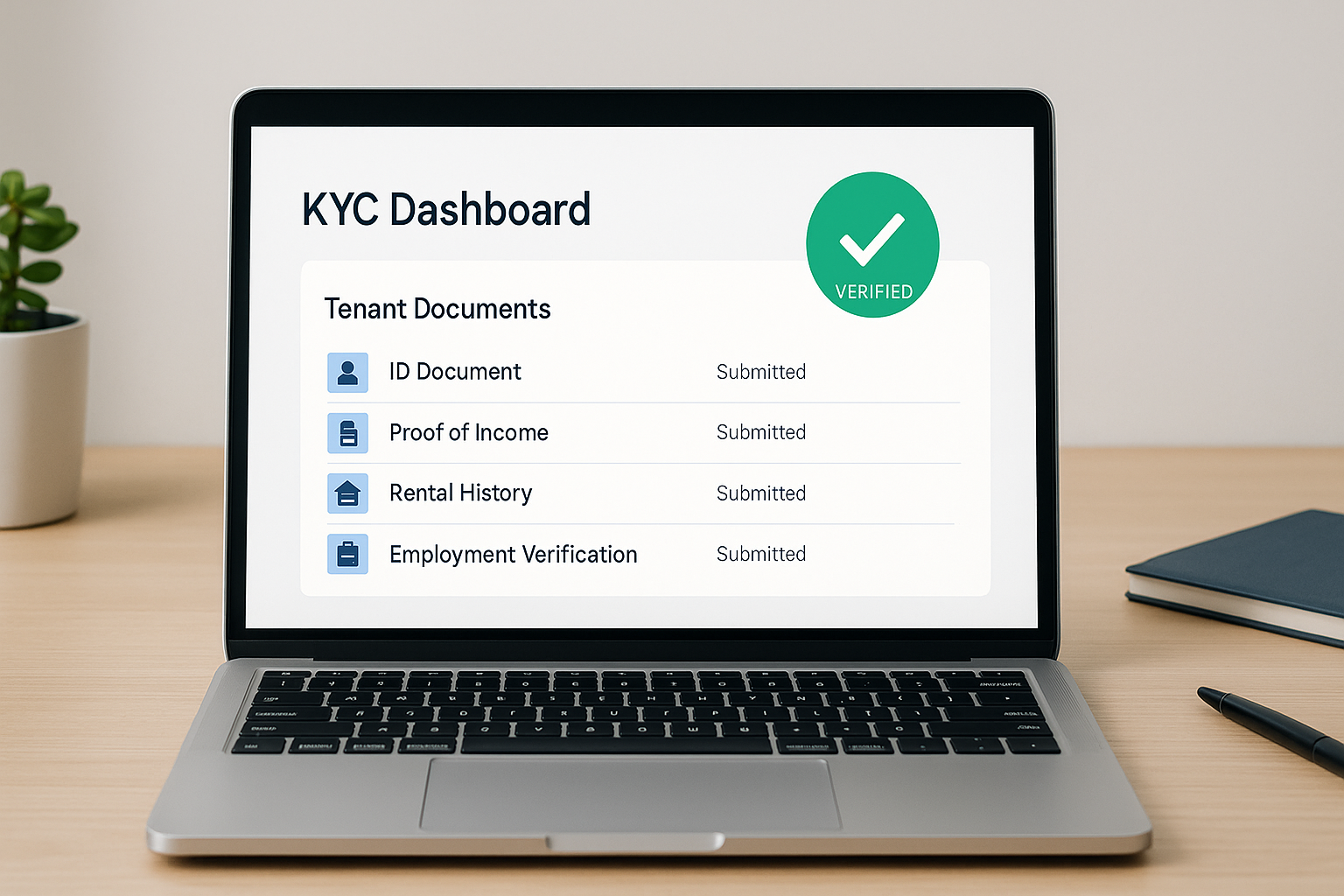
The importance of accurate financial data in the tenant screening process

Fraud is on the rise for property managers. In the US property rental market alone, financial document fraud in the tenant screening process is a problem costing landlords over $16B each year. Financial document fraud nearly doubled in just 6 months at the onset of the pandemic, and occupational fraud in real estate is some of the nation’s highest, according to the Association for Certified Financial Examiners. Tenants faced pandemic lockdowns amid uncertain labor market conditions, just as leasing agents and other commission-based employees were the most prone to overlook requirements for tenant documentation.
How often do property managers experience tenant fraud?
In a survey conducted by the National Multifamily Housing Council (NMHC), 93.3% of respondents (including apartment owners, property managers, and developers) said that they’d experienced fraud in the past year. Of these respondents, 84.3% of them had seen applicants falsify their pay stubs, misrepresent employment information, or use fake references. A further 62.9% of the NMHC respondents had reported fraudulent checks or other money transfers.
Fraudulent application data in the tenant screening process has real implications. In the NMHC survey reported above, results indicated that nearly a quarter of eviction filings were due to tenant fraud – a total of $4.2 million in bad debt. In addition, over half (58%) of respondents said that fraudulent applications led to non-payment of rent, whether or not this non-payment led to eviction.
How can property managers ensure accurate tenant screening?
Landlords, property managers, and developers run a business that they need to protect. Tenant screening is one of the best ways to ensure that your tenant is who they say they are. Screening measures can include:
- Requesting proof of employment
- Requesting a background or credit check
- Requesting references from previous landlords
- Cross referencing employment history with rental application documents
- Verifying employment documents, such as paystubs or offer letter, with a third party (for example, calling the company directly)
Calling a company directory or doing your own search for the business can help the landlord verify that the person works there, and that the company is legitimate. However, one of the biggest worries for independent landlords is non-payment: 84% of landlords surveyed by TransUnion said their biggest fear was a tenant who fails to pay.
The importance of financial screening data for landlords
Some of the most common rental scams involve financial screening data – likely because this data is so critical to signing a lease. Falsifying proof of employment is a common rental scam, as evidenced by the NMHC survey. Investigating an applicant’s employment history may be possible with some online snooping (such as checking out their LinkedIn profile), but property managers should be careful not to step over any boundaries that could be grounds for discrimination.
False income claims, gaps in work experiences, made-up employers or fake references are also potential pitfalls. Fortunately, property managers can use technology to catch fake documents or inconsistencies ahead of time: the details on pay stubs, W2 or 1099 forms, and offer letters should all agree. So should any personal or prior landlord references that the renter has available.
For example, a common example of renter fraud is to modify paystubs. One realtor gives an example of someone who has lost their job, but provides valid documents from months prior to their termination and changes the dates. The documents might look seamless – but do the tax withholdings agree with what they’ve said they earn? Are they paying union dues without a membership number? Does the math add up? When was the last time they got paid - does it agree with how often they’ve told you they do?
You may need to be “eagle eyed” to catch these inconsistencies yourself, but today’s technology is available to run through documents in a blink of an eye. Renters are less likely to bother defrauding a landlord who goes through small details with a fine tooth comb – and now that property managers can tackle this “combing” in a fraction of the time, they can feel even more protected.
Unstructured data can easily be indexed, sorted, filtered, and analyzed by Discrepancy AI
Start for Free








.png)

.png)

.png)

.png)

.png)

.png)
.png)

.png)

.png)
.png)
.png)
.png)





